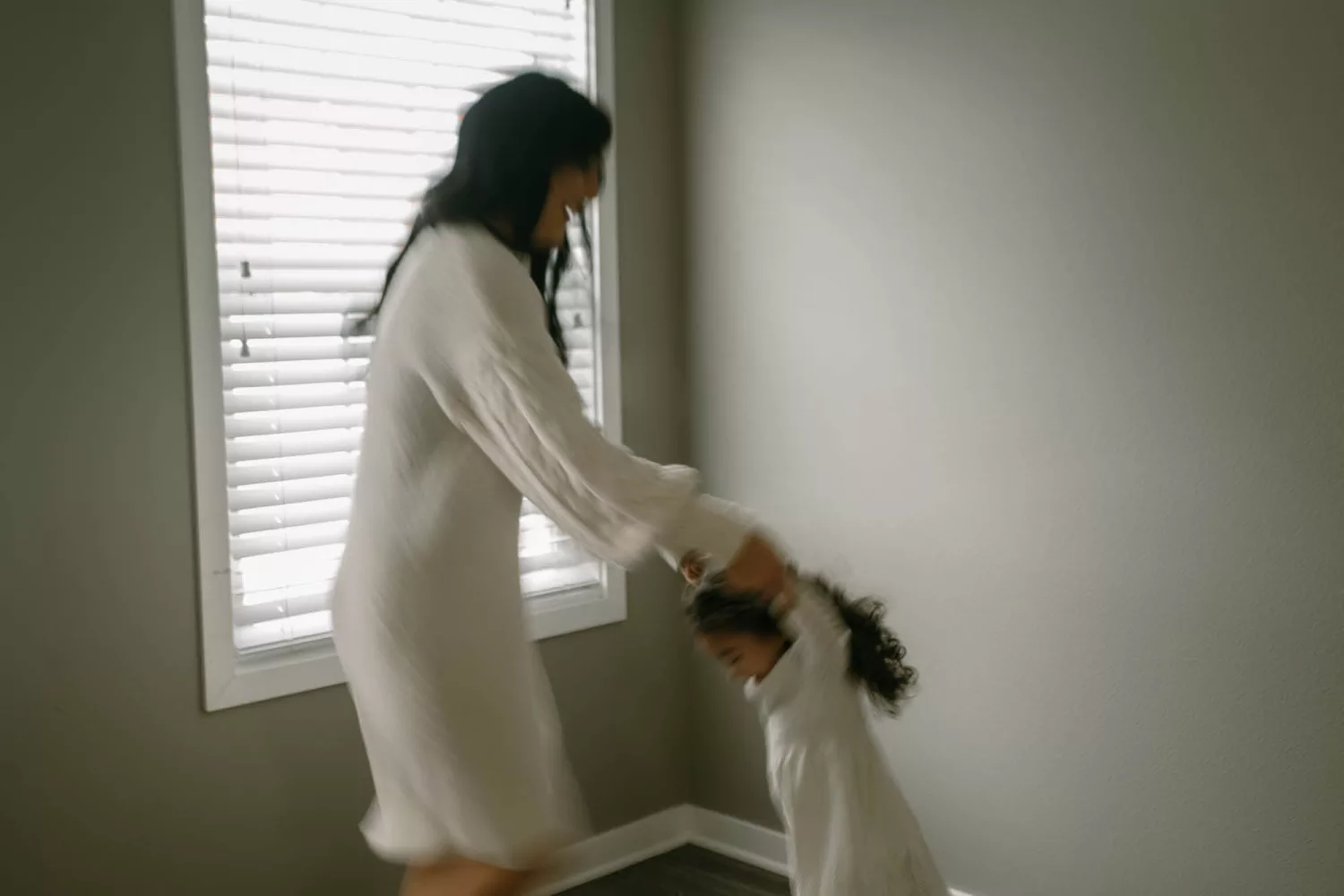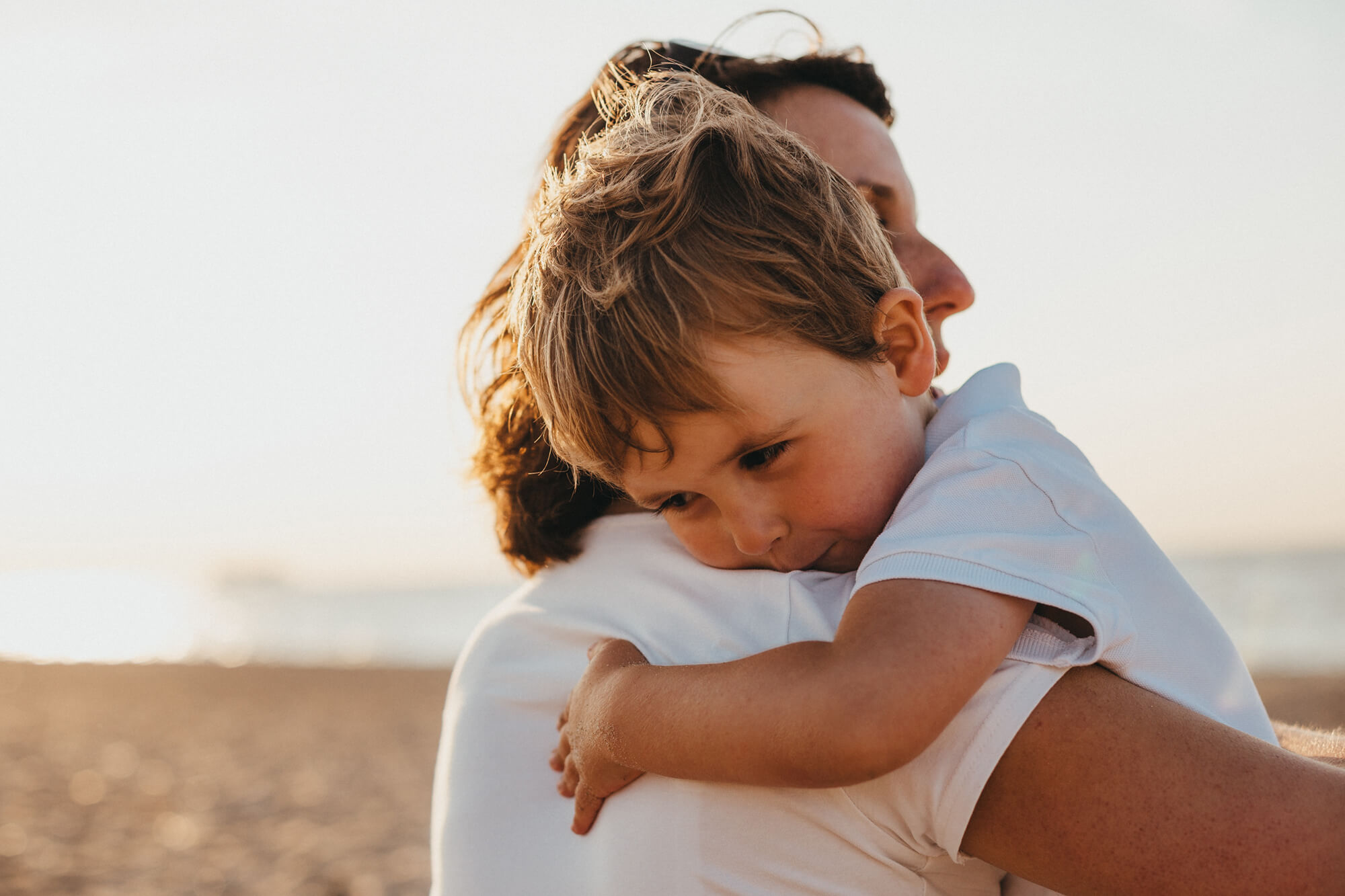L-Theanine is popping up in kids’ supplements everywhere at the moment. But before you reach for the bottle, here’s what you need to know.
By Mama Disrupt®
If you are looking for ways to help your kids with ADHD or anxiety, you’ve probs seen chewables and gummies for little ones that claim to improve their focus, reduce stress, and promote calmness.
They contain L-theanine, which is an amino acid that occurs naturally in green tea and some mushrooms. And while it has been shown to have calming and relaxing effects in adults, there isn’t actually a lot of research on its safety and efficacy in children – which is a major red flag for mamas.
There was a small study, which was published in the journal Pediatrics, and it found that L-theanine may improve sleep quality in children with ADHD. But it’s important to know that the study was only conducted in 20 children – so more research is needed to confirm these findings.
Along with the lack of research, there are other concerns about L-theanine supplements for kids. For example, the FDA does not regulate supplements in the same way that it regulates medications. Which means there is no guarantee that L-theanine supplements contain the amount of L-theanine that is advertised on the label.
There is also the potential for L-theanine to interact with other medications or supplements that your child is taking. For example, L-theanine can increase the effects of caffeine, so it is important to talk to your child’s doctor before giving them any supplements that contain L-theanine.
“WHILE IT HAS BEEN SHOWN TO HAVE CALMING AND RELAXING EFFECTS IN ADULTS, THERE ISN’T ACTUALLY A LOT OF RESEARCH ON ITS SAFETY AND EFFICACY IN CHILDREN – WHICH IS A MAJOR RED FLAG FOR MAMAS.”
So how can you help your child with ADHD or anxiety?
There are a number of evidence-based strategies that you can use to help your child with ADHD or anxiety. These include:
- Cognitive behavioral therapy (CBT): CBT can help children learn how to manage their thoughts, feelings, and behaviors.
- Relaxation techniques: Relaxation techniques such as deep breathing, yoga, and meditation can help children calm down and focus.
- Exercise: Exercise can help improve mood and reduce stress.
- Sleep: Getting enough sleep is essential for children’s mental health.
The bottom line is, make sure you chat to your child’s doctor before putting anything into their little bodies. They can help you assess your child’s individual needs and recommend safe and effective treatments.
Sign up to our newsletter for weekly mama goodness delivered straight to your inbox, like the VIP that you are.






